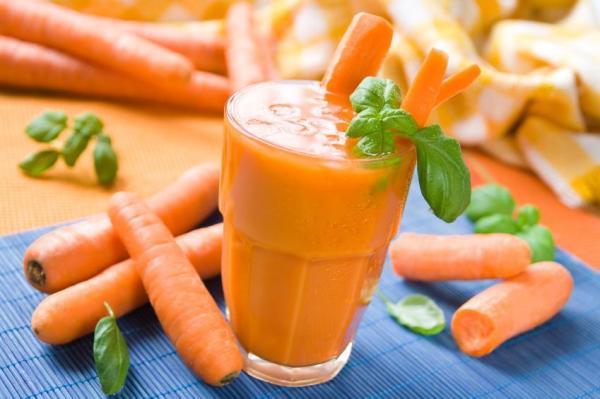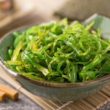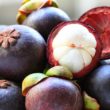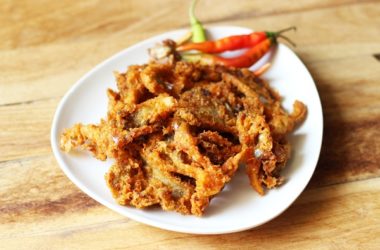Beta-carotene is a powerful antioxidant. To be more specific, it is actually the red-orange pigment that gives carrots and so many other fruits and vegetables their eye-catching bright colors. It was discovered back in 1931 by a scientist named H. Wachenroeder, crystallized from the root of carrots — and that’s how he coined “carotene”.
In your body, beta-carotene is converted into vitamin A, which is a fat-soluble nutrient. This means that excessive amounts of it will be stored in the body rather than flushed out via the urine. In other words, too much vitamin A is toxic! It’s for this reason why it is a good idea for you to get just the right amounts of beta-carotene in order to avoid health problems associated with vitamin A overdose.
While there are numerous beta-carotene supplements on the current market, they should only be taken upon a doctor’s recommendation in an attempt to cure or reverse conditions associated with deficiency in vitamin A. Some of them include poor eye health, premature skin aging and a weak immune system.
If you are not suffering from any issue related to insufficient amounts of vitamin A in the body such as the ones mentioned above, getting your regular dose of beta-carotene from food sources is undeniably a wonderful idea.
You are not going to run out of options when it comes to foods that contain good amounts of beta-carotene. You may eat all the foods with beta-carotene that you like, but your body will only convert them into vitamin A only as needed, which means that ending up with vitamin A overdose is so unlikely to happen.
Here are some really excellent sources of beta-carotene aside from carrots:
• Sweet potatoes
• Dark green leafy vegetables like kale, mustard greens, spinach and Swiss chards
• Romaine lettuce and other types of lettuce such as red leaf, butterhead and chicory
• Cabbage
• Broccoli
• Peas
• Squash and pumpkins
• Cantaloupe melons
• Dried apricots, prunes and peaches
• Papayas
• Mangoes
• Oranges
• Sweet red bell peppers
• Onions
• Herbs and spices like paprika and oregano
• Pistachio and walnuts
Now that you know some of the best food sources of beta-carotene, make sure that you include them in your everyday diet. The following are some of the health benefits you can enjoy from doing so:
Superb Vision
Did you know that not getting enough beta-carotene which is converted into vitamin A can lead to blindness? Experts say that deficiency in vitamin A can cause the cornea of the eyes to thicken, eventually leading to vision loss. If you want to enjoy sharp vision, make sure that you consume beta-carotene rich foods regularly.
Strong Immune System
Beta-carotene is an antioxidant that helps in strengthening the immune system. A strong immune system keeps you from having regular bouts with allergies and infections. Including foods that are rich in beta-carotene in your daily diet can lower your chances of catching a cold or having the flu frequently.
Controlled Inflammation
Did you know that inflammation is something associated with a dizzying array of health problems? Some of them include cancer, diabetes and heart disease. If you want to lower your chances of suffering from these issues, have your body supplied with beta-carotene which possesses amazing anti-inflammatory properties.
Younger and Healthier Skin
You can consider eating foods packed with beta-carotene as an effective beauty regimen. That’s because the said nutrient helps shield your skin cells from free radicals, thanks to its superb antioxidant properties. According to the experts, beta-carotene is also an excellent protector against deadly skin cancer.
Reproductive System Protector
Since beta-carotene is an antioxidant, it’s no wonder why it can help keep your reproductive system in tip-top shape. Beta-carotene is beneficial for a pregnant woman, especially if she’s already in her third trimester of pregnancy when her body’s demand for vitamin A is very high, putting her at risk of being deficient in it.













